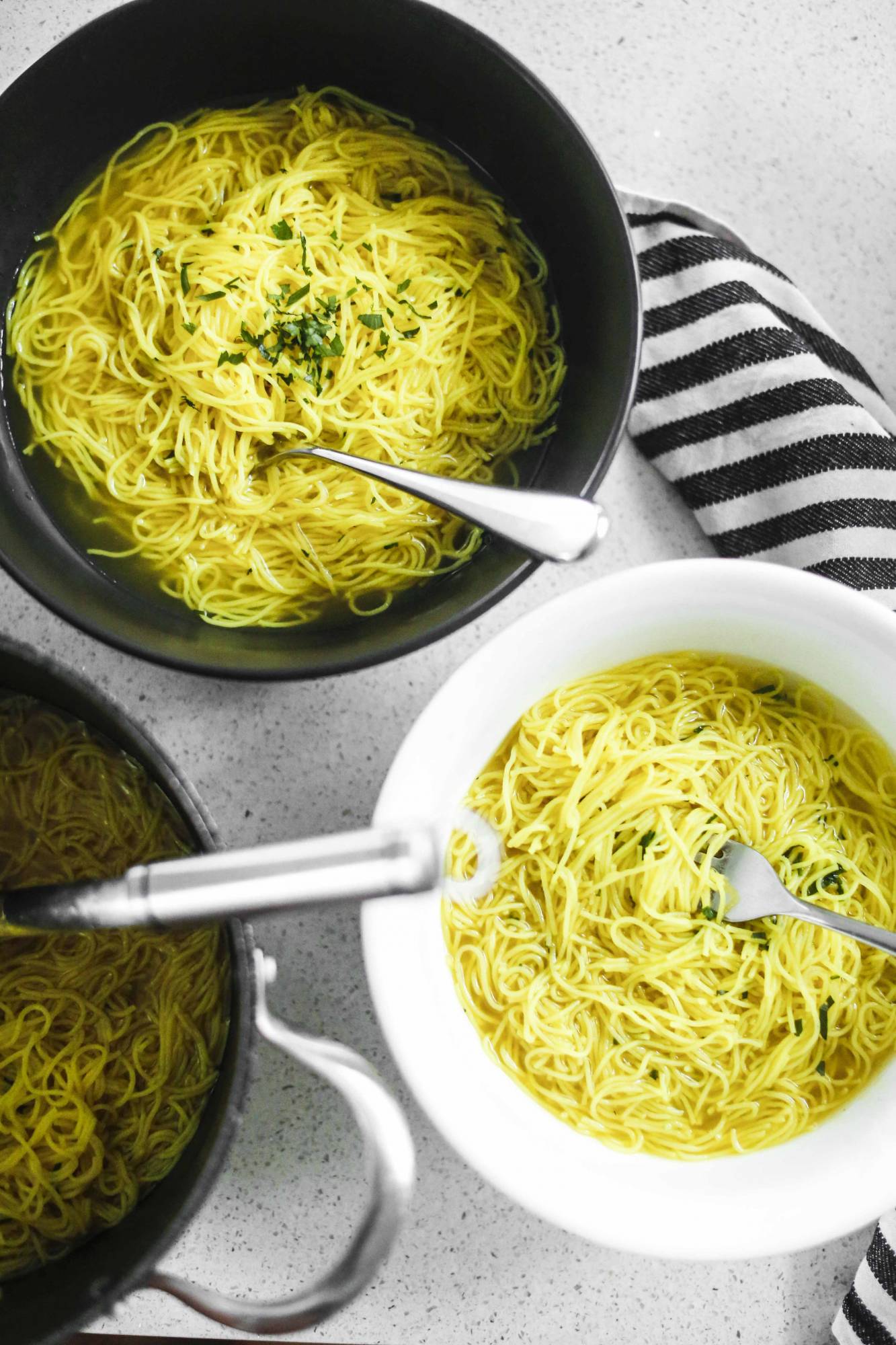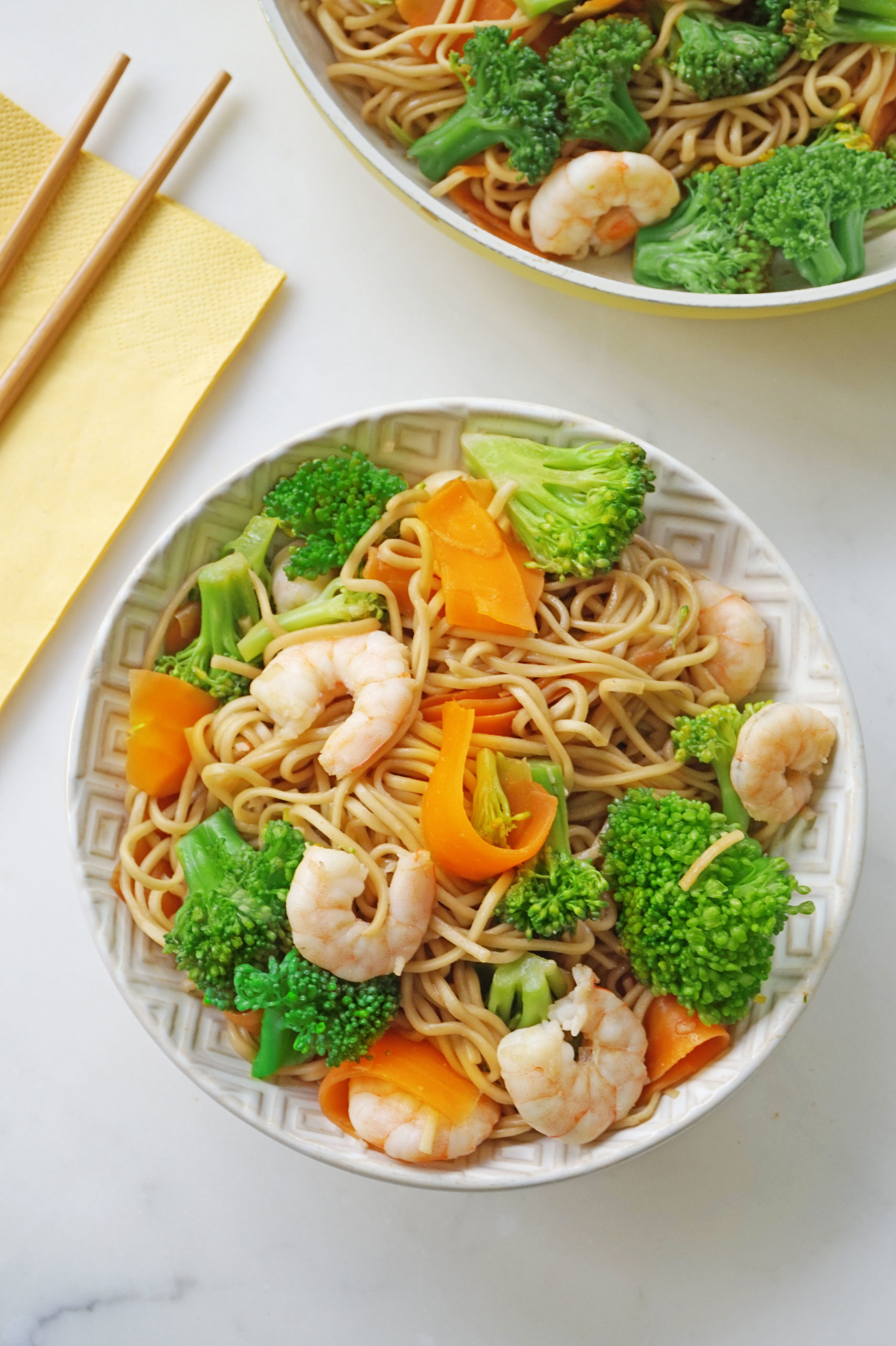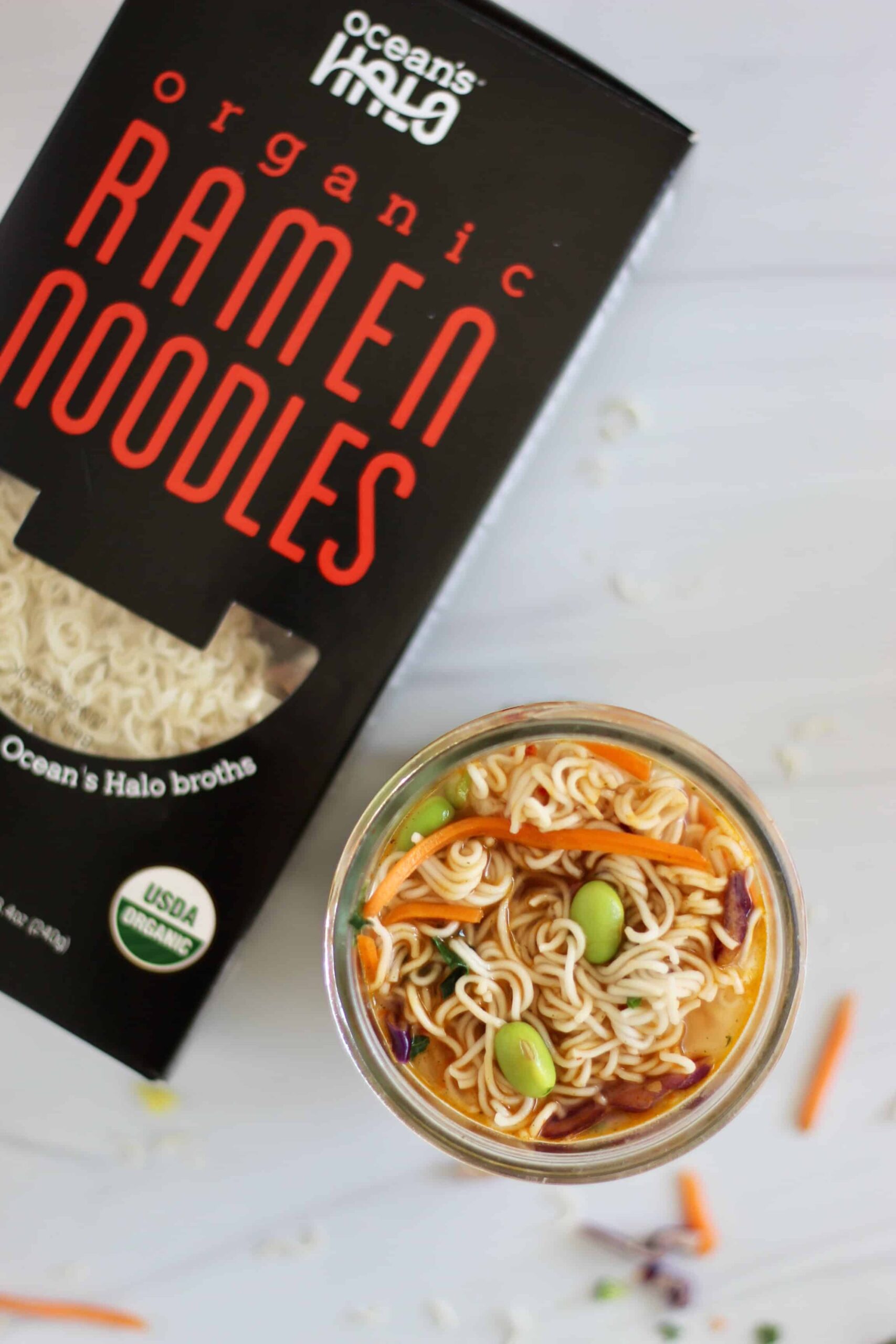Let's cut to the chase, shall we? Noodles have been a global favorite for centuries, but are noodles healthy? If you're anything like me, you've probably found yourself standing in front of the grocery aisle, staring at the pasta section, wondering whether that pack of noodles is a guilty pleasure or a guilt-free meal. The answer isn’t as simple as you might think, and we’re about to break it down for you.
There’s a lot of buzz out there about whether noodles are nutritious or just another carb-heavy indulgence. With so many types of noodles available—wheat, rice, soba, and even zucchini noodles—it’s easy to get confused. This article dives deep into the science, the myths, and the truths behind this beloved dish.
But don’t worry, we’re not here to spoil your noodle cravings. Instead, we’ll help you make smarter choices so you can enjoy your favorite meals without compromising your health. Let’s get started!
- Wasmo Carab Telegram Link 2024 Your Ultimate Guide To Secure Communication
- Unblocked Games G Plus Your Ultimate Playground Without Restrictions
Why Are Noodles So Popular?
Before we dive into the health debate, let’s talk about why noodles have become such a staple in cuisines around the world. From Italian pasta to Japanese ramen, noodles come in all shapes, sizes, and flavors. They’re versatile, easy to prepare, and oh-so-delicious. But is their popularity justified from a health perspective?
One of the reasons noodles are so beloved is their convenience. You can whip up a bowl of instant noodles in under five minutes, or spend hours perfecting a homemade pasta dish. Whether you’re a busy professional or a culinary enthusiast, noodles fit seamlessly into your lifestyle.
Types of Noodles: A Quick Overview
Not all noodles are created equal. Here’s a quick breakdown of some of the most common types:
- New Desi Mms The Ultimate Guide To Understanding Its Impact And Potential
- Saralefi The Rising Star Of Social Media And Beyond
- Wheat Noodles: The classic choice, often used in spaghetti, fettuccine, and ramen.
- Rice Noodles: A gluten-free option popular in Asian dishes like pad thai and pho.
- Soba Noodles: Made from buckwheat, these noodles are a healthier alternative for many.
- Veggie Noodles: Zucchini, sweet potato, and other vegetable-based noodles are gaining popularity among health-conscious eaters.
Are Noodles Healthy? The Nutritional Lowdown
Now, let’s address the million-dollar question: Are noodles healthy? The answer depends on several factors, including the type of noodle, how it’s prepared, and what you pair it with. Let’s break it down step by step.
Macronutrient Profile of Noodles
Most noodles are primarily made from carbohydrates. For example, a serving of cooked wheat noodles contains about 40 grams of carbs, 7 grams of protein, and minimal fat. While this might sound like a lot, it’s important to consider the portion size and how often you consume noodles.
Rice noodles, on the other hand, are slightly lower in protein but still pack a decent amount of carbs. Soba noodles, made from buckwheat, offer a better balance of macronutrients, with more fiber and protein than traditional wheat noodles.
Health Benefits of Certain Noodles
Some types of noodles actually come with health benefits. Soba noodles, for instance, contain rutin, an antioxidant that may help reduce inflammation and improve heart health. Vegetable-based noodles are packed with vitamins and minerals, making them a great option for those looking to cut back on refined carbs.
However, it’s worth noting that instant noodles, which are often fried and loaded with preservatives, aren’t exactly a health food. They’re high in sodium and low in nutrients, so it’s best to enjoy them in moderation.
How to Make Noodles Healthier
Let’s face it—noodles aren’t going anywhere. So, how can you make them a part of a balanced diet? Here are a few tips:
- Choose Whole Grain Options: Whole grain noodles are higher in fiber and nutrients compared to their refined counterparts.
- Pair with Lean Proteins: Add grilled chicken, tofu, or shrimp to your noodle dishes for a protein boost.
- Load Up on Veggies: Incorporate plenty of colorful vegetables to increase the nutrient density of your meal.
- Limit Sodium: If you’re using store-bought sauces, check the label for high sodium content and opt for low-sodium alternatives.
The Role of Portion Control
One of the biggest culprits when it comes to noodle-related guilt is portion size. A single serving of cooked noodles is typically around 1 cup, but many of us tend to pile our plates high. To keep things in check, try measuring your portions or using smaller plates.
And don’t forget about the toppings! Sauces, oils, and cheese can quickly turn a healthy dish into a calorie bomb. Stick to lighter options like olive oil, lemon juice, or fresh herbs to keep things balanced.
Portion Control Tips
Here are a few tricks to help you control your noodle portions:
- Use half a serving of noodles and double up on veggies.
- Measure your portions before cooking to avoid overeating.
- Save leftovers for another meal instead of eating them all at once.
Instant Noodles: Friend or Foe?
Love them or hate them, instant noodles are a pantry staple for many. But are they healthy? The short answer is no—not really. Instant noodles are often high in sodium, unhealthy fats, and artificial additives. However, they can still be enjoyed occasionally if you’re mindful of how you prepare them.
How to Make Instant Noodles Healthier
If you can’t resist the convenience of instant noodles, here’s how to make them a little healthier:
- Discard the seasoning packet and use your own spices.
- Add plenty of fresh vegetables and a source of protein.
- Use half the amount of noodles to reduce carb intake.
Alternatives to Traditional Noodles
If you’re looking to switch things up, there are plenty of noodle alternatives to explore. Here are a few options:
1. Zucchini Noodles
Also known as zoodles, these spiralized zucchini noodles are a low-carb, high-fiber option. They’re perfect for those following a keto or paleo diet.
2. Shirataki Noodles
Made from konjac root, shirataki noodles are virtually calorie-free and rich in glucomannan, a type of fiber that promotes digestion.
3. Lentil Noodles
These plant-based noodles are packed with protein and fiber, making them a great choice for vegetarians and vegans.
Health Risks Associated with Noodles
While noodles can be part of a healthy diet, there are some risks to be aware of. For starters, consuming too many refined carbs can lead to weight gain and increase your risk of chronic diseases like diabetes and heart disease. Additionally, the high sodium content in some noodle dishes can contribute to high blood pressure.
To mitigate these risks, focus on choosing whole grain or vegetable-based noodles and preparing them in a healthy way. And as always, moderation is key.
Conclusion: Are Noodles Healthy?
So, are noodles healthy? The answer is a resounding “it depends.” If you choose the right type of noodles, prepare them mindfully, and practice portion control, they can absolutely fit into a balanced diet. Whether you’re slurping soba or savoring spaghetti, there’s no reason to feel guilty about enjoying this delicious dish.
Now that you know the facts, it’s time to take action. Share this article with your friends, leave a comment with your favorite noodle recipe, or try out one of the healthier alternatives we mentioned. Your taste buds—and your body—will thank you!
Table of Contents
- Why Are Noodles So Popular?
- Types of Noodles: A Quick Overview
- Are Noodles Healthy? The Nutritional Lowdown
- Health Benefits of Certain Noodles
- How to Make Noodles Healthier
- The Role of Portion Control
- Instant Noodles: Friend or Foe?
- Alternatives to Traditional Noodles
- Health Risks Associated with Noodles
- Conclusion: Are Noodles Healthy?
- Unlocking The Best Remote Update Raspberry Pi Download Secrets
- Unlocking The Secrets Of Masahub The Ultimate Guide Yoursquove Been Waiting For


